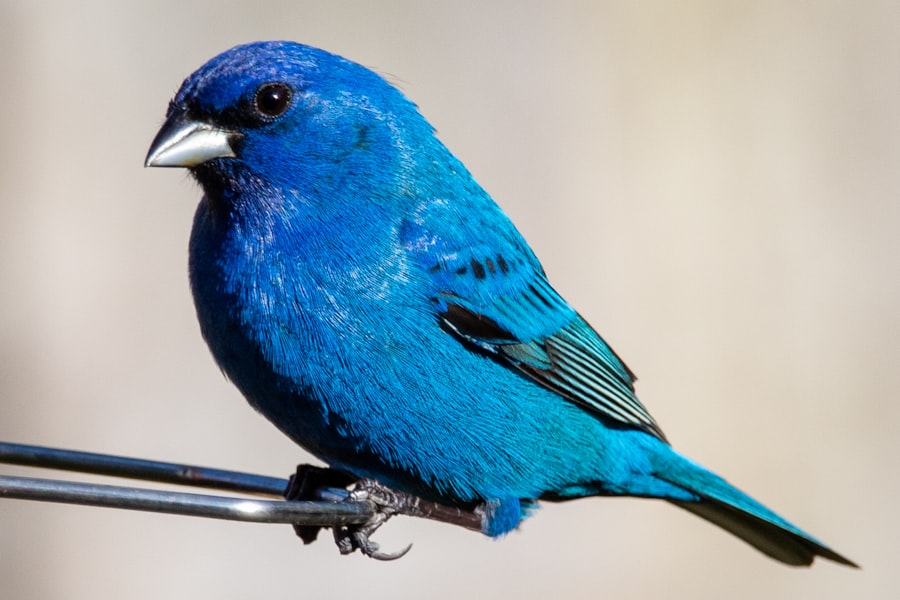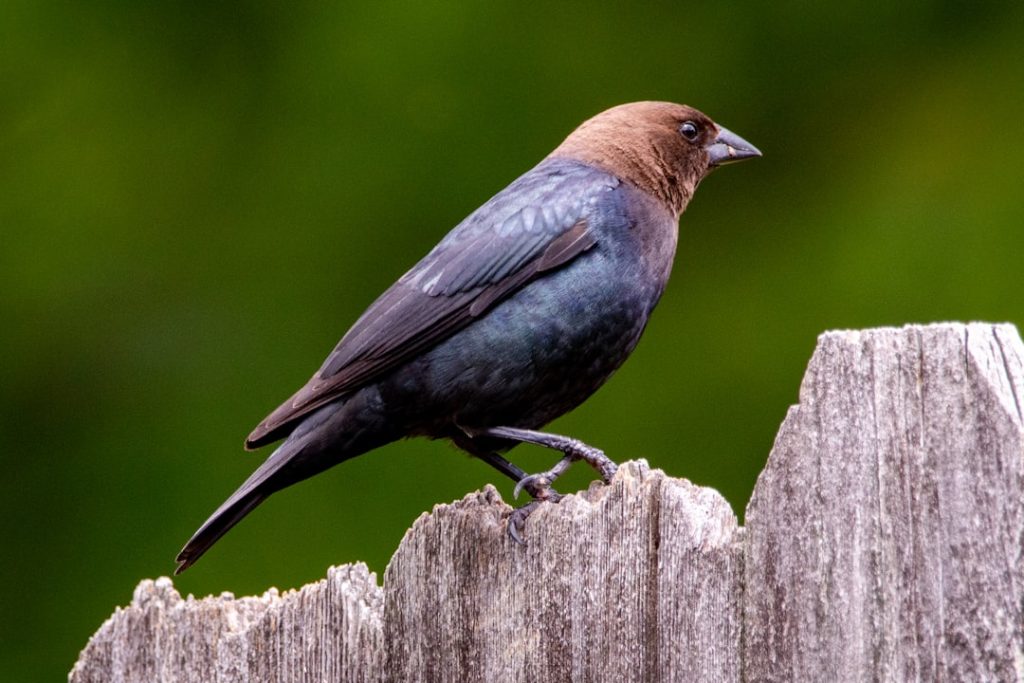Keeping chickens as pets in Australia offers numerous benefits. These birds provide companionship and can be a source of joy for their owners. Chickens are relatively low-maintenance pets, requiring less attention than many other animals.
They produce fresh eggs, which can be valuable for cooking and baking enthusiasts. In gardens, chickens contribute to pest control by consuming insects and other small pests. Their droppings serve as natural fertilizer, enriching the soil.
Raising chickens also presents educational opportunities, particularly for families with children. It can teach responsibility and provide insights into animal care, egg production, and life cycles. This practice can foster a connection with nature and promote understanding of sustainable living principles.
Keeping chickens as pets in Australia thus combines practical advantages such as fresh egg production and natural pest control with educational and environmental benefits.
Table of Contents
- 1 Choosing the Right Breed of Chicken for Your Needs
- 2 Setting Up a Safe and Comfortable Living Environment for Your Chickens
- 3 Feeding and Caring for Your Chickens in Australia’s Climate
- 4 Common Health Issues and How to Prevent Them in Your Chickens
- 5 The Legalities and Responsibilities of Keeping Chickens as Pets in Australia
- 6 Building a Strong Bond with Your Chickens and Enjoying the Rewards of Keeping Them as Pets
- 7 FAQs
- 7.1 What are the benefits of keeping chickens as pets in Australia?
- 7.2 What are the legal requirements for keeping chickens as pets in Australia?
- 7.3 What are the housing and space requirements for keeping chickens as pets in Australia?
- 7.4 What do chickens eat and how do you care for them as pets in Australia?
- 7.5 What are some common health issues and diseases that chickens may face as pets in Australia?
- 7.6 Can chickens be kept in urban areas as pets in Australia?
Key Takeaways
- Keeping chickens as pets in Australia can provide fresh eggs, natural pest control, and companionship.
- When choosing a breed of chicken, consider factors such as egg production, temperament, and climate adaptability.
- Setting up a safe and comfortable living environment for your chickens involves providing adequate space, shelter, and protection from predators.
- Feeding and caring for chickens in Australia’s climate requires a balanced diet, access to fresh water, and protection from extreme temperatures.
- Common health issues in chickens can be prevented through regular health checks, proper hygiene, and vaccination.
- The legalities and responsibilities of keeping chickens as pets in Australia include obtaining permits, following local regulations, and providing proper care.
- Building a strong bond with your chickens involves spending time with them, handling them gently, and enjoying the rewards of fresh eggs and companionship.
Choosing the Right Breed of Chicken for Your Needs
Climate Considerations
The climate in your area plays a significant role in determining the most suitable breed of chicken. Certain breeds thrive in hot weather, while others are better adapted to cold climates. For instance, breeds like the Australorp, Orpington, and Sussex are well-suited to Australia’s hot climate, whereas breeds like the Plymouth Rock and Wyandotte fare better in colder temperatures.
Purpose and Temperament
The purpose of keeping chickens is another crucial factor to consider. Are you looking to produce eggs, raise chickens for meat, or keep them as pets? Additionally, the temperament of the breed is vital, as some are more docile and friendly, making them ideal for families with children, while others may be more skittish or aggressive.
Space Requirements
The amount of space available for your chickens is also an essential consideration. Some breeds require more space to roam and forage than others, so it’s crucial to research the specific needs of the breed you’re interested in. By taking into account these factors, you can make an informed decision and choose the perfect breed of chicken for your needs.
Setting Up a Safe and Comfortable Living Environment for Your Chickens

Setting up a safe and comfortable living environment for your chickens is essential for their health and well-being. Firstly, it’s important to provide a secure coop or housing structure to protect your chickens from predators such as foxes, snakes, and birds of prey. The coop should also provide adequate ventilation and protection from the elements, such as rain and wind.
Additionally, it’s important to provide enough space for your chickens to move around comfortably, as overcrowding can lead to stress and health issues. Another important aspect of setting up a comfortable living environment for your chickens is providing a suitable nesting area for egg-laying. Nesting boxes should be dark, quiet, and private to encourage hens to lay eggs in a safe and clean environment.
It’s also important to provide suitable roosting perches for your chickens to rest on at night, as well as access to fresh water and a balanced diet. Furthermore, providing a clean and dry bedding material such as straw or wood shavings is essential for maintaining a comfortable living environment for your chickens. Overall, setting up a safe and comfortable living environment for your chickens involves providing secure housing, adequate space, nesting areas, roosting perches, fresh water, and clean bedding.
Feeding and Caring for Your Chickens in Australia’s Climate
Feeding and caring for your chickens in Australia’s climate requires attention to their dietary needs and environmental considerations. Firstly, it’s important to provide a balanced diet for your chickens that includes a mix of grains, protein, vitamins, and minerals. Commercial chicken feed is available in different formulations depending on the age and purpose of the chickens, such as starter feed for chicks, grower feed for young chickens, layer feed for hens producing eggs, and broiler feed for meat production.
Additionally, providing access to fresh greens, fruits, and vegetables can supplement their diet and provide additional nutrients. In Australia’s climate, it’s important to consider the impact of heat on your chickens’ health and well-being. During hot weather, it’s important to provide shade and access to cool water to prevent heat stress.
Additionally, providing adequate ventilation in the coop is essential to help regulate the temperature and prevent heat-related issues. It’s also important to monitor your chickens for signs of heat stress, such as panting or lethargy, and take steps to cool them down if necessary. Overall, feeding and caring for your chickens in Australia’s climate involves providing a balanced diet, access to fresh water and shade, and monitoring their health during hot weather.
Common Health Issues and How to Prevent Them in Your Chickens
Common health issues can affect chickens in Australia, but there are steps that can be taken to prevent them and maintain their well-being. One common health issue in chickens is parasites such as mites and lice, which can cause irritation and discomfort. Regularly inspecting your chickens for signs of parasites and providing regular dust baths with diatomaceous earth can help prevent infestations.
Additionally, keeping the coop clean and providing clean bedding can help reduce the risk of parasites. Another common health issue in chickens is respiratory infections, which can be caused by poor ventilation or exposure to drafts. Providing adequate ventilation in the coop and avoiding overcrowding can help prevent respiratory issues.
It’s also important to keep the coop clean and dry to reduce the risk of bacterial infections. Additionally, monitoring your chickens for signs of illness such as coughing or sneezing can help identify respiratory issues early on. Other common health issues in chickens include nutritional deficiencies, egg binding in hens, and injuries from predators or other accidents.
Providing a balanced diet with access to grit and oyster shell can help prevent nutritional deficiencies and egg binding. Additionally, securing the coop from predators and providing a safe environment can help prevent injuries. Overall, preventing common health issues in chickens involves regular inspections, providing a clean environment, balanced diet, access to grit and oyster shell, and monitoring their health for signs of illness.
The Legalities and Responsibilities of Keeping Chickens as Pets in Australia

Checking Local Regulations
Before bringing chickens into your backyard, it’s essential to check with your local council for any regulations regarding keeping chickens in residential areas. Some councils may have specific rules about the number of chickens you can keep, where you can place their coop, noise restrictions, and waste management.
Responsibilities of Chicken Ownership
As a chicken owner in Australia, you have a range of responsibilities to ensure the well-being and health of your pets. This includes providing a suitable living environment with access to food, water, shelter, and veterinary care when needed. You must also manage waste from the coop responsibly by composting or disposing of it properly.
Considering Neighbors’ Concerns
It’s crucial to consider the potential impact of keeping chickens on your neighbors and the wider community. Ensure that your chickens are not causing any disruptions or issues, and be prepared to address any concerns that may arise.
Key Takeaways
In summary, keeping chickens as pets in Australia requires researching local regulations, considering neighbors’ concerns, providing adequate care and housing for your chickens, and managing waste responsibly. By understanding these legalities and responsibilities, you can enjoy the many benefits of keeping chickens as pets while also being a responsible pet owner.
Building a Strong Bond with Your Chickens and Enjoying the Rewards of Keeping Them as Pets
Building a strong bond with your chickens can be a rewarding experience that enhances the joy of keeping them as pets. Spending time with your chickens regularly can help build trust and familiarity between you and your feathered friends. This can involve activities such as hand-feeding treats or spending time sitting with them in their outdoor area.
Additionally, talking to your chickens in a calm and soothing voice can help them become more comfortable around you. Another way to build a strong bond with your chickens is through gentle handling and interaction. Taking the time to handle your chickens gently from a young age can help them become more accustomed to human contact.
This can also make it easier to perform routine health checks or administer any necessary treatments when needed. Furthermore, observing your chickens’ behavior and learning their individual personalities can help strengthen your bond with them over time. Enjoying the rewards of keeping chickens as pets involves appreciating the unique personalities of each chicken and the joy they bring into your life.
Whether it’s watching them scratch around in the garden or collecting fresh eggs from the coop, there are many simple pleasures that come with keeping chickens. Additionally, involving family members in caring for the chickens can create shared experiences that strengthen bonds within the family unit. Overall, building a strong bond with your chickens involves spending time with them regularly, gentle handling and interaction, observing their behavior, appreciating their unique personalities, and involving family members in caring for them.
In conclusion, keeping chickens as pets in Australia offers numerous benefits such as companionship, educational opportunities, fresh eggs, natural pest control, and natural fertilizer for the garden. When choosing the right breed of chicken for your needs, it’s important to consider factors such as climate suitability, purpose, temperament, and space requirements. Setting up a safe and comfortable living environment for your chickens involves providing secure housing, adequate space, nesting areas, roosting perches, fresh water, and clean bedding.
Feeding and caring for your chickens in Australia’s climate involves providing a balanced diet, access to fresh water and shade during hot weather while monitoring their health regularly. Common health issues in chickens can be prevented by regular inspections, providing a clean environment balanced diet access to grit oyster shell monitoring their health for signs of illness while understanding the legalities responsibilities of keeping chickens as pets in Australia involves researching local regulations considering neighbors’ concerns providing adequate care housing managing waste responsibly building a strong bond with your chickens involves spending time with them regularly gentle handling interaction observing their behavior appreciating their unique personalities involving family members in caring for them. Overall keeping chickens as pets in Australia offers numerous benefits that go beyond just having fresh eggs every day it provides an opportunity for families to connect with nature learn about responsibility sustainable living practices while enjoying the unique companionship that these feathered friends offer
If you’re considering keeping chickens as pets in Australia, you may also be interested in learning about how long it takes for chicken eggs to hatch naturally. This article from Poultry Wizard provides valuable information on the incubation process and what to expect when hatching chicken eggs. Check it out here.
FAQs
What are the benefits of keeping chickens as pets in Australia?
Keeping chickens as pets in Australia can provide several benefits, including a fresh supply of eggs, natural pest control in the garden, and the enjoyment of watching and interacting with the chickens.
What are the legal requirements for keeping chickens as pets in Australia?
The legal requirements for keeping chickens as pets in Australia vary by state and local council. Generally, there are regulations regarding the number of chickens allowed, coop requirements, and distance from neighboring properties. It is important to check with local authorities to ensure compliance with regulations.
What are the housing and space requirements for keeping chickens as pets in Australia?
Chickens require a secure and predator-proof coop for shelter at night, as well as a spacious outdoor area for foraging and exercise during the day. The recommended space per chicken is at least 1-2 square meters in the coop and 2-4 square meters in the outdoor area.
What do chickens eat and how do you care for them as pets in Australia?
Chickens require a balanced diet of commercial chicken feed, supplemented with kitchen scraps, grains, and greens. They also need access to fresh water at all times. Additionally, chickens need regular health checks, protection from predators, and proper waste management to maintain a clean and healthy environment.
What are some common health issues and diseases that chickens may face as pets in Australia?
Common health issues and diseases that chickens may face in Australia include mites, lice, respiratory infections, and egg-laying problems. It is important to monitor the health of chickens regularly and seek veterinary care if any issues arise.
Can chickens be kept in urban areas as pets in Australia?
Yes, chickens can be kept as pets in urban areas in Australia, but there are often specific regulations and restrictions in place. These may include limits on the number of chickens allowed, coop design requirements, and noise considerations. It is important to check with local authorities before keeping chickens in urban areas.
Meet Walter, the feathered-friend fanatic of Florida! Nestled in the sunshine state, Walter struts through life with his feathered companions, clucking his way to happiness. With a coop that’s fancier than a five-star hotel, he’s the Don Juan of the chicken world. When he’s not teaching his hens to do the cha-cha, you’ll find him in a heated debate with his prized rooster, Sir Clucks-a-Lot. Walter’s poultry passion is no yolk; he’s the sunny-side-up guy you never knew you needed in your flock of friends!







